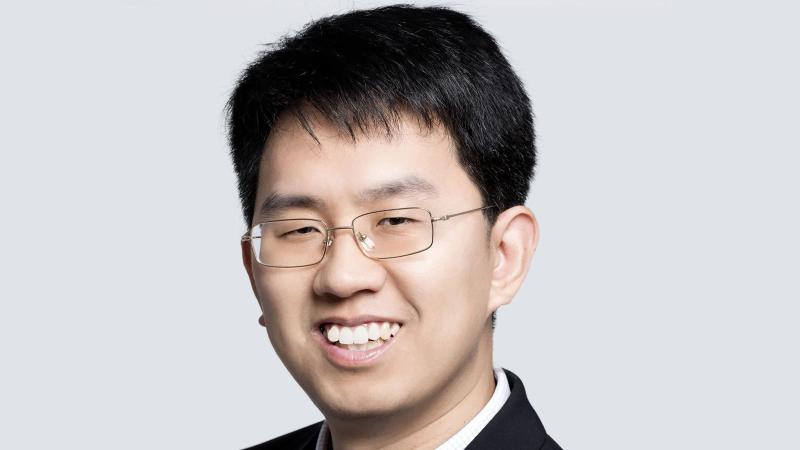
Reported by Samantha Murray at https://news.rpi.edu/2024/11/15/rpi-researcher-receives-grants-study-quantum-materials-and-superconductors.
Wei Bao, Ph.D., assistant professor in the Department of Materials Science and Engineering at Rensselaer Polytechnic Institute, has won the Early Career Program (ECP) Award and Defense University Research Instrumentation Program (DURIP) Award from the Department of Defense to study superconductors and cavity quantum materials, respectively.
The two awarded grants, which total nearly $700,000, will allow Bao to further his research into the unique properties of quantum materials and lay the foundation for practical innovations in the decades to come.
“I am grateful for the Department of Defense’s long-term support of my work, which seeks both to answer major questions in fundamental science and apply those findings to advance technology,” Bao said.
The first award comes from the Army Research Office (ARO), a directorate of the U.S. Combat Capabilities Command Army Research Laboratory, which manages the Army’s extramural high-risk, high-payoff research opportunities crucial for future Army capabilities. ECP awards are one of the most prestigious honors bestowed by the Army on outstanding scientists beginning their independent careers.
Bao’s ARO award will support his research on superconducting materials, which have many important applications, such as in magnetic resonance imaging (MRI) and maglev trains. To be useful, superconducting materials must be cooled to super-low temperatures. Bao’s project will explore ways to increase those operational temperatures and thus reduce the energy costs associated with cooling superconductors.
The second award comes from the Office of Naval Research’s Defense University Research Instrumentation Program (DURIP), which awards equipment in university researchers’ labs through a merit-based competition. With the DURIP award, Bao’s lab will add new tools to investigate the still-mysterious nature of cavity quantum materials, which previous research has shown are able to create exotic properties not yet achieved through other approaches. These new tools will also offer valuable research and learning opportunities for undergraduate and graduate students, as well as postdoctoral scholars.
